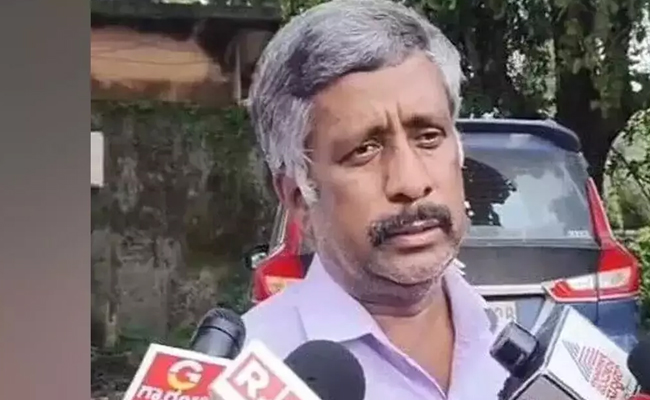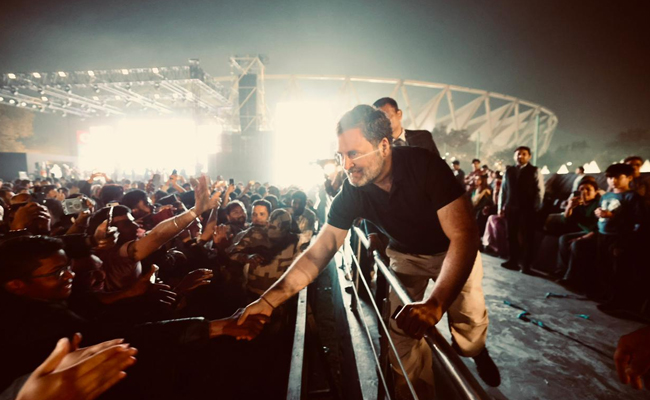Mangaluru (PTI): Moodbidri police have reportedly found over 50 obscene video clips from the mobile phone of Hindu Jagarana Vedike's Dakshina Kannada district co-convenor Samith Raj Dharegudde.
Dharegudde is currently out on bail in connection with a stone-pelting case involving a private bus.
Police during the investigation found the data from the leader's device.
Police, having secured permission from the court and senior officers, conducted a forensic data extraction at Mangaluru's CEN Lab.
During the process, officers were reportedly startled to find video content showing sexually explicit scenes involving both men and women.
Among the retrieved clips, one video is alleged to feature a prominent coastal politician.
In response to the findings, Moodbidri Inspector Sandesh has registered a separate FIR concerning the obscene content under relevant provisions.
Officials cited the potential risk of these videos being shared or circulated, which could harm public decency and social harmony.
Police are currently working to trace the origin of the videos and verify the identities of those depicted.
Officials confirmed that a fresh notice will be issued to summon Dharegudde for questioning with regard to the obscene video content.
Dhargegudde could not be reached to comment on the videos.
Let the Truth be known. If you read VB and like VB, please be a VB Supporter and Help us deliver the Truth to one and all.
Bengaluru PTI): A fresh FIR has been registered against social activist Snehamayi Krishna for making defamatory statements against a woman.
Basaveshwara Nagar Police Station registered a First Information Report against Krishna on Saturday.
According to the FIR, complainant Pavithra B N (37) alleged that a letter dated December 5 was delivered to her residence, in which Snehamayi Krishna made defamatory allegations regarding the death of her husband and against her advocate, Raghu.
The letter also indicated that a complaint had been submitted to the Mahalakshmipuram Police Station seeking reinvestigation into her husband’s death.
The complainant further alleged that a threatening note was enclosed with the letter, pressuring her to withdraw cases filed against a man named Mylaraappa.
She stated that the mobile number of the person exerting pressure was mentioned in the letter.
Pavithra claimed that the alleged actions had caused severe distress to her family, disrupted her children’s education, created unrest at home and deprived them of peace.
She also accused the persons named in the complaint of using abusive language and issuing life threats.
Police initially registered a non-cognisable report.
After Pavithra obtained permission from the 24th ACMM Court to initiate criminal proceedings, an FIR was formally registered against Snehamayi Krishna and Mylaraappa as per the court’s direction.
Krishna has previously been in the news for lodging complaints and making allegations against Chief Minister Siddaramaiah, his wife Parvathi B M, and others for obtaining Mysuru Urban Development Authority (MUDA) alternative sites (plots) against the rules.
The Lokayukta police which investigated the matter filed a closure report, which the special court of public representatives admitted.
On Thursday, he also levelled accusations against Karnataka Chief Secretary Shalini Rajneesh along with a Karnataka Administrative Services (KAS) officer D B Natesh, the former MUDA Commissioner.
Shalini Rajneesh's office rejected the charges categorically and termed his accusations "defamatory".
On Saturday he apologised for making allegations against the Chief Secretary.





